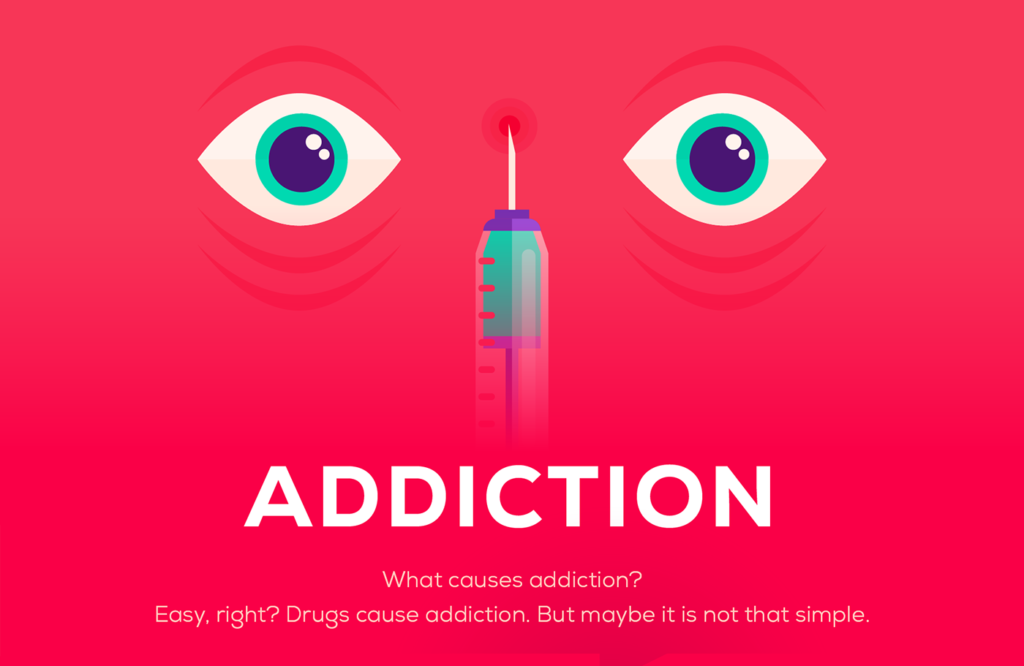We don’t even realize when that one puff, turns into an insatiable craving for more. Addiction can be of anything from gaming, pornography to smoking, drinking or doing drugs. Simply put, addiction is the inability of an individual to stop doing or using something, especially something harmful! It is common knowledge that a big section amongst us is under the influence of addiction, yet it is hardly a topic that comes up in any of our day to day conversations. The key to breaking this downward spiral of addiction is to talk and to seek help. With exactly this perspective in mind, Counselling Service in collaboration with the Health Center established a De-Addiction Clinic on 5th of July, 2018.
It has only been 2 months since the clinic started its operations and its effects can already be seen. A good number of 20 students signed up for the 8 sessions conducted to date. To get a better idea of the clinic’s functioning and addiction in general, our team got in a conversation with Dr. Rohan Kumar, a psychiatrist at Regency Hospital who is handling the clinic.
Dr. Rohan Kumar told that “The prime addiction amongst the cases registered is nicotine-based, especially smoking. Most other cases fell under internet addiction category.” When posed with the question of what causes these Addictions, he replied that “These addictions generally emerge as a response to some stressful situation in the person’s life which they couldn’t handle properly and affect their studies and relationships. Unfortunately, instead of reaching out to people for help, they fall prey to these detrimental measures. “ Another reason as Pratyush Garg, Coordinator Counselling Service correctly pointed out “is the existence of extreme levels of peer pressure and that constant burden of perfectionism that nudges people towards these addictions”.
How does the camp work?
The camp currently operates on every Thursday between 5 p.m. to 6:30 p.m. There is no registration required. The institute maintains no record “at all” of the visitors. You are required to fill out a page of details, which is possessed only by the doctor. Mild cases can be treated without medication, by means of psychotherapy, which includes techniques like Motivational Enhancement Therapy and CBT [Cognitive Behavioral Therapy]. Moderate cases require medication along with these cognitive measures. After the session with the doctor, the person is followed up by the counselor to check on how efficiently the therapy is working. Although, it generally requires a bit of patience to notice improvements.
With no such measures existing earlier, it is a big step by the campus to reach out to the people in need and help them. This level of freedom and effort on the part of the institute will surely help in building a channel of trust amongst the campus community and inspire more people to come up and ask for help. Mr. Shoukath Ali, a counselor with the Counselling Service, who is helping coordinate the clinic reaffirmed that “Strict confidentiality of the student is always maintained. People should turn up without fear or hesitation of being judged or prosecuted or looked down upon because the sole purpose of this camp is to relieve them from their dependencies.”
“You were never created to live depressed, defeated, guilty, condemned, ashamed, or unworthy. You were created to be victorious”.
So, come ahead, ask for help and emerge victorious!
Written By Aditya Sonthalia, Yash Kuwade, Hemant Kejriwal































